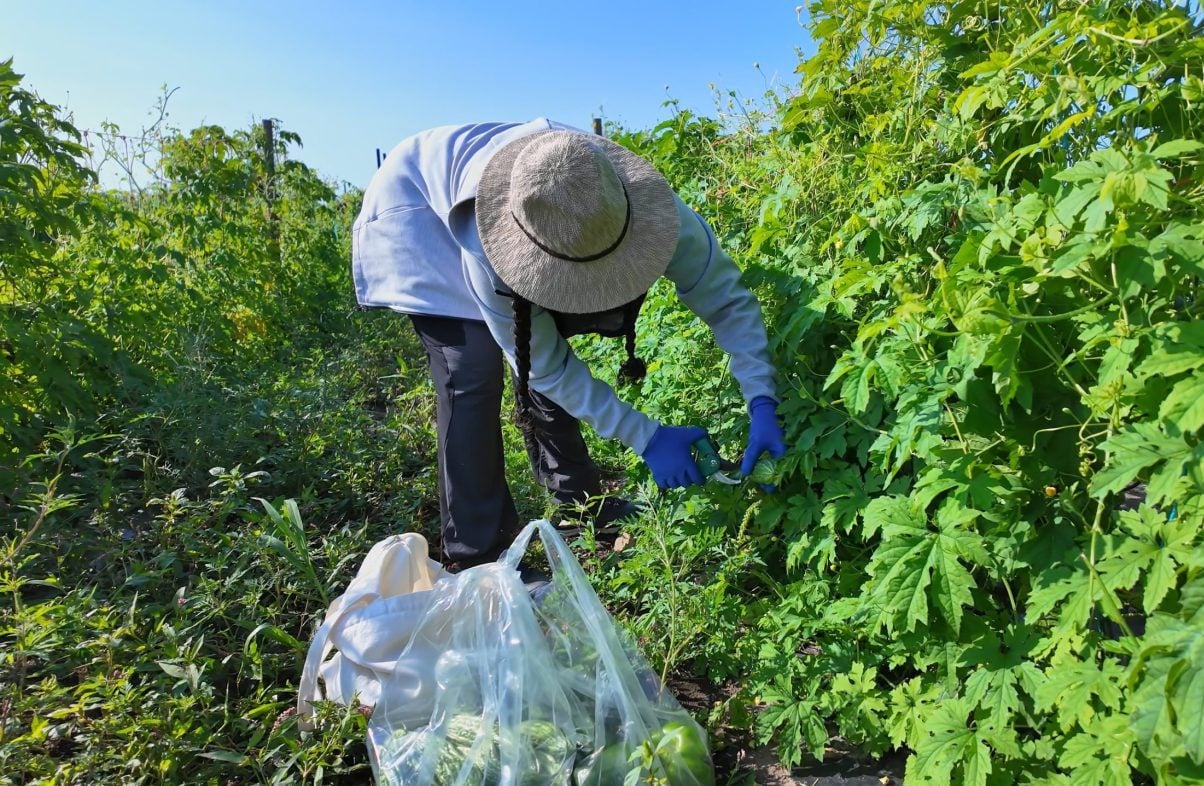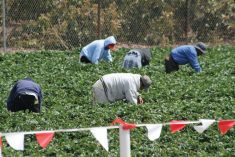Incoming changes to the Temporary Foreign Worker Program will add to the sector’s already significant labour challenges, the Canadian Meat Council says.
In a media release the group, which represents federally licensed meat packers and meat processors and suppliers of goods and services to the meat industry, said the move will challenge “…the ability for meat processors to fulfill the needs of Canadian consumers.”
On March 21, the federal government said it was tightening restrictions on the proportion of foreign workers allowed in certain sectors, including food processing.
Read Also

Thirty-six employers banned from Temporary Foreign Worker program, federal agency says
In the last fiscal year, 36 employers were banned from the Temporary Foreign Worker program — a threefold increase from the previous year — the federal government said this week.
In 2022 the federal government loosened the rules of its Temporary Foreign Worker Program Workforce Solutions Road Map in response to what it saw as a critical labour shortage in several industries.
Under those rules employers in the designated sectors were allowed to hire up to 30 per cent of their workforce through the TFW program for low-wage positions. All other employers saw their limit increased to 20 per cent, up from a ten per cent cap.
Those temporary measures are now being rolled back, a move the CMC says is “hasty” and “premature.”
“Through the decision to unilaterally end the temporary measures, this announcement has undermined the certainty we have been working with the government to create—with no notice or consultation,” the group wrote in its release.
According to figures from Statistics Canada’s 2022 Job Vacancy and Wage Survey, the food manufacturing sector had a 5.8 per cent vacancy rate, compared to a 5.4 per cent vacancy rate across all sectors. Meat product manufacturing had a 6.7 per cent vacancy rate.
That same report noted that in 2022, just over 70,000 TFWs worked in primary agriculture industries in Canada, and just over 36,000 TFWs worked in food and beverage manufacturing industries.
The CMC says reducing the number of TFWs working in the sector will impact processors, who had initially been promised the measures would run through to August of 2024.
“The removal of these measures without meaningful industry consultation will have significant consequences for processors who put food on grocery store shelves,” their release stated.
Chris White, the meat council’s CEO, linked the move to food affordability, saying it would increase food costs for Canadians.
“This is yet another unhelpful policy measure at odds with providing an end-product to consumers at a price-point they can afford,” White said in the release.
“We unequivocally refute the notion that employers are unduly reliant on temporary foreign workers.”
—Gord Gilmour is senior editor, news and national affairs, with Glacier FarmMedia

















